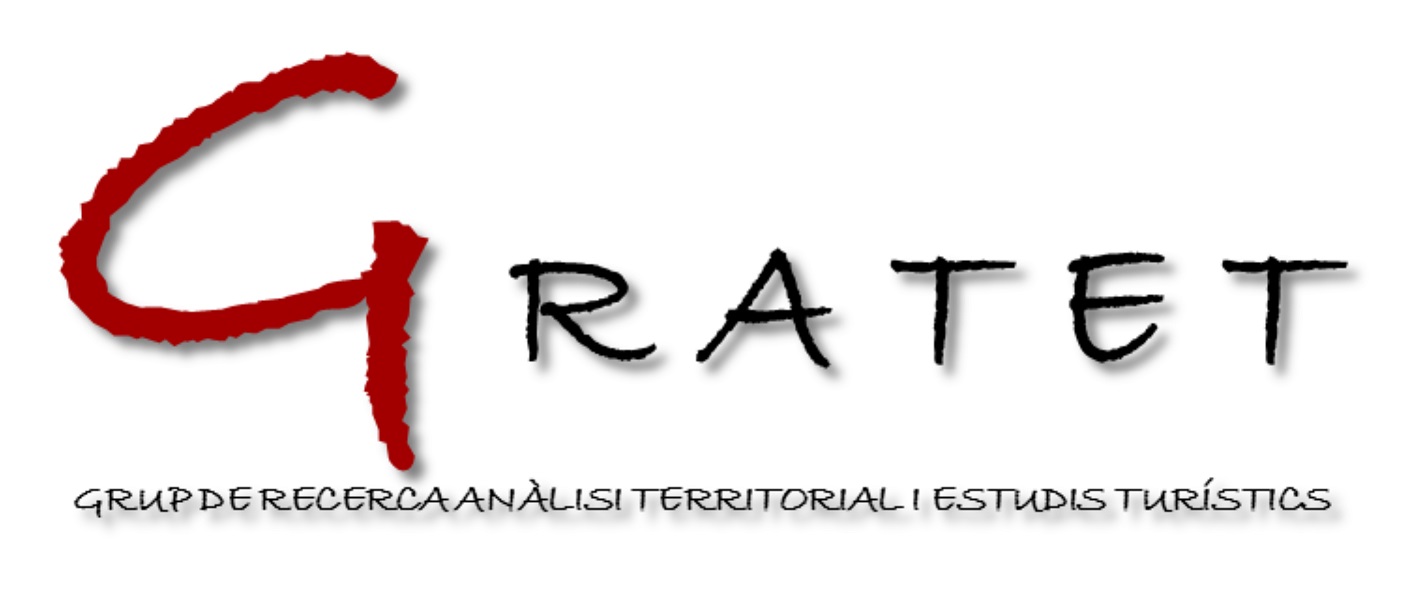Objectives
Work Packages and Objectives
From a methodological perspective, the research will unleash the potential of such dimensions by integrating them in different Work Packages (WP). This necessitates a rethinking of existing concepts and models available for studying destination evolutionary (and in some cases metamorphic) transformation (WP2) under current global transition dynamics (WP1). It includes analysis of the main policy transitions that tourism destinations are undergoing: information technology tools related to digital data analysis, deployment of a new communication strategies and the setting of new governance agendas for reinforcing resilience and sustainability (WP3). Finally, the project also includes transversal activities aiming to monitor ethics and gender issues and increase its broader social and academic impact (WP4).
Listed briefly, clearly, precisely and realistically and taking into account that a project will be carried out during four years, 10 objectives are set out in four Work Packages. The PI responsible for WP1 and WP3 (Objectives 1, 6, 7 and 8) as well as Objective 10 of WP4 is Salvador Anton Clavé, while the PI responsible for WP2 (Objectives 2, 3, 4 and 5) and Objective 9 of WP4 is Aaron Gutiérrez.
WP 1. Identification of the emerging global drivers of transformation affecting local complex destinations vulnerability and resilience. Development of analytical frameworks for empirical research. PI: S. Anton Clavé
Objective 1: To assess the vulnerability of destinations in response to global change drivers and the challenges of a low-carbon transition.
WP 2. Analysis of different processes of destination transformation triggered by global changes. Identification of mitigation/transition strategies, local impacts and response frameworks. PI: A. Gutiérrez
Objective 2: To evaluate dynamics of socio-spatial balance in the transformation of destinations.
Objective 3: To analyse the reconfiguration of tourism mobilities in a context of global mobilities redefinition.
Objective 4: To determine the vulnerability of complex tourist destinations to climate change and monitoring of adaptive and mitigation strategies.
Objective 5: To evaluate policies and strategies aiming to increase wellbeing, prosperity and social inclusion.
WP 3. Assessment of different agency tools in the technological, communication and governance domains that may produce substantial variations in destination vulnerability and resilience. Evaluation of co-evolutionary path-place-based responses. PI: S. Anton Clavé
Objective 6: To assess the development of smart systems in order to cope with the challenges of global transformations at local level.
Objective 7: To analyse the strategies by which destination communicate new policies applied handling rapid transformation processes.
Objective 8: To define visions, metrics and tools to assess resilience of complex destinations in the face of global change and to design and new systems of governance which are fit to increase adaptability.
WP 4. Project social responsibility, impact evaluation, academic dissemination and knowledge transfer. PI: S. Anton Clavé and Aaron Gutiérrez



